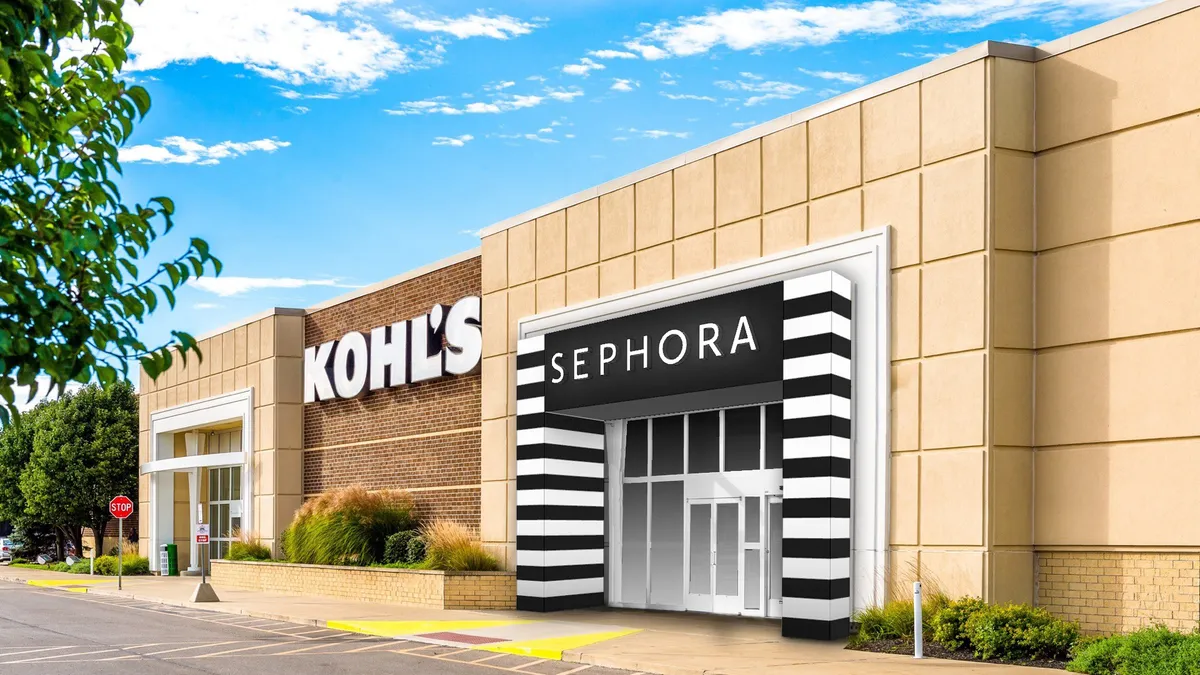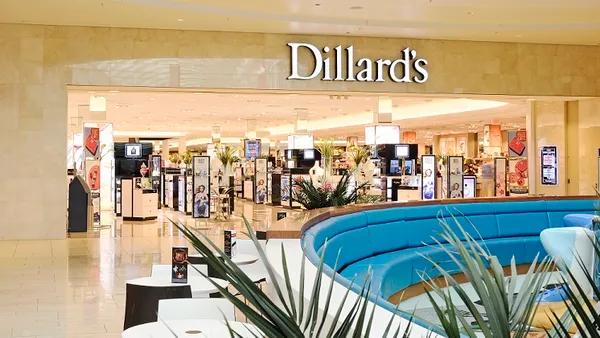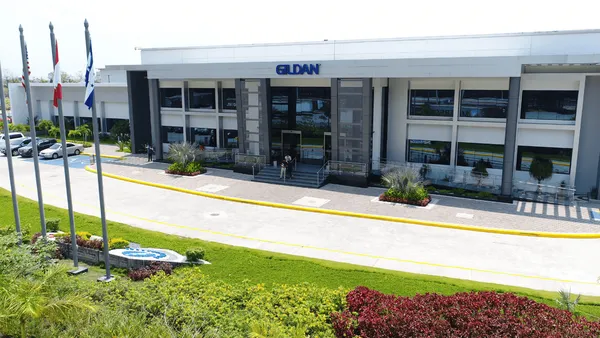Dive Brief:
-
Echoing other analyst concerns about a Franchise Group takeover of Kohl’s, S&P Global Ratings on Tuesday flagged the retailer for a possible downgrade, reflecting “the potential that we could lower our ratings on Kohl's by several notches if the acquisition is consummated,” per an emailed press release.
-
The firm, pegging Kohl’s equity at about $8 billion, cited Franchise Group’s plans to leverage the retailer’s real estate to finance most of the deal, warning that “would leave Kohl's more leveraged with less asset protection from its valuable real estate.”
-
The firm noted swings in Kohl’s performance during the pandemic and its guidance cut this year “as high inflation continues to crimp consumer demand and complexities in managing inventory levels across the sector affects operating margins.”
Dive Insight:
Franchise Group this week not only announced that it plans to finance the bulk of this multibillion-dollar deal with debt backed by Kohl’s real estate, but also said it wouldn’t be liable for that debt.
Kohl's reported a net value of about $7.8 billion of property and equipment on its balance sheet as of April 30, per S&P Global Ratings’ note.
Franchise Group, whose holdings include Pet Supplies Plus, American Freight, The Vitamin Shoppe, Badcock Home Furniture & More, Buddy’s Home Furnishings and Sylvan Learning, said it intends to contribute about $1 billion to the transaction, funded through an increase in its secured debt facilities.
The setup recalls the scenario at ever-shrinking Sears, which leveraged much of its real estate, incurring rent expenses at stores that had been in its fleet for decades, depleting its finances and hastening its decline.
Pulse Ratings analysts don’t believe Kohl’s post-transaction credit profile will be immediately distressed, though the deal “could reduce future financial flexibility in case of a prolonged erosion in operations,” CEO Dennis Cantalupo said by email.
"However, from a creditors' perspective who are interested in the long-term viability of Kohl’s, we do not believe this is the best outcome based on the likelihood that a transaction would: (i) be primarily financed with debt, (ii) potentially result in a sale/leaseback of real estate which would strip the business of significant assets while adding rent expense, and (iii) as part of a conglomerate, ownership may be spread too thin to focus on the best course of action for Kohl’s,” Cantalupo said. “We would prefer the Company stay the course without a transaction.”
The specter of that doesn’t disappear if the Franchise Group deal collapses following the three-week negotiation, either, according to S&P Global Ratings analysts Khaled Lahlo and Diya Iyer. Even if this deal doesn’t materialize, others may arise following similar lines, they said.
“The likelihood of the deal closing is unclear amid both growing profit pressure for a wide swath of retailers and volatile capital markets,” they wrote. “Still, in our view, if such a deal materializes between Kohl's and [Franchise Group], it would leave Kohl's more leveraged with less asset protection from its valuable real estate.”
Ben Unglesbee contributed reporting to this story.















